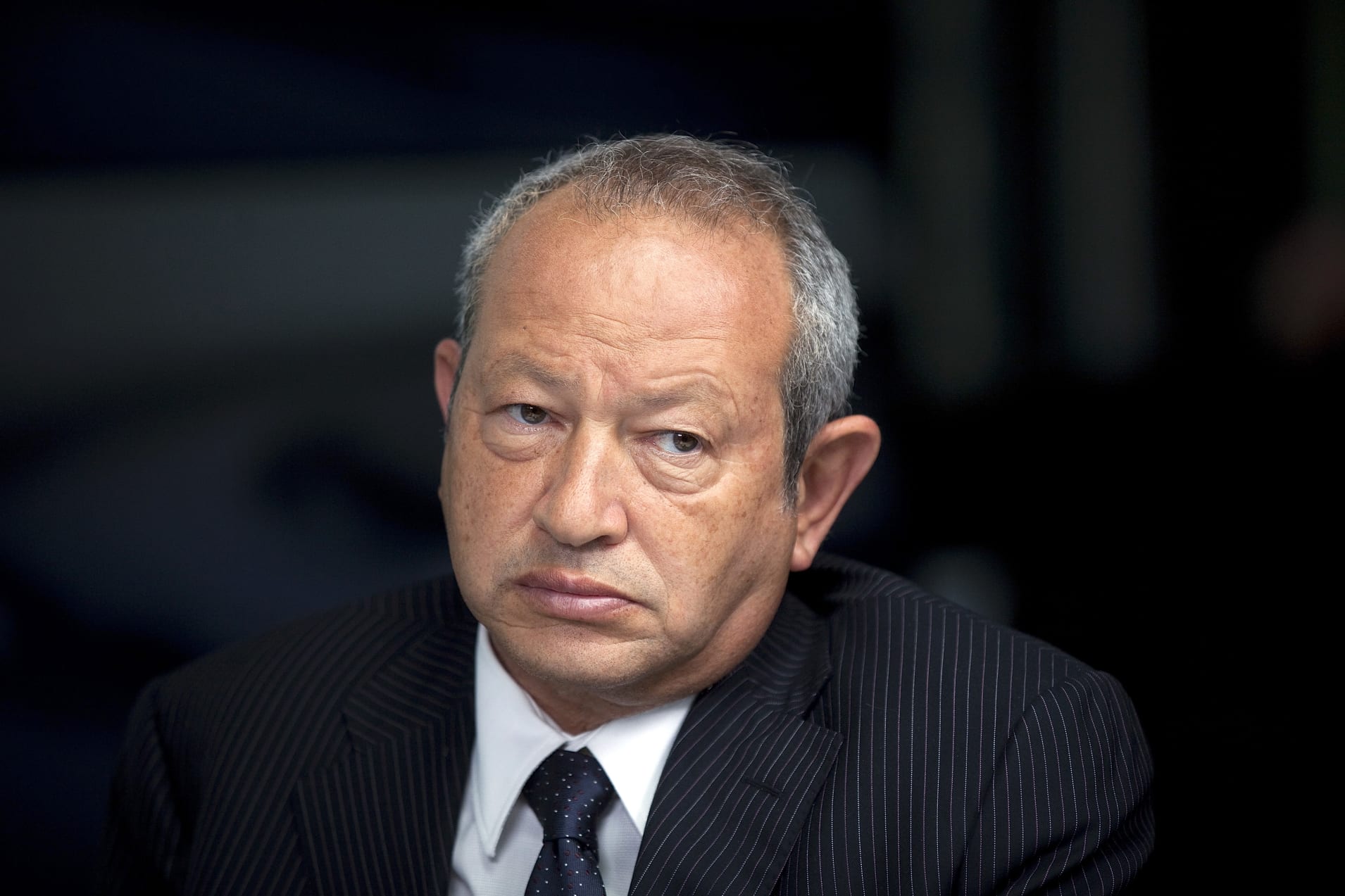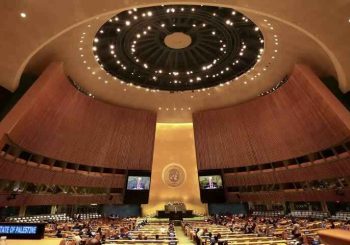A draft proposal leaked to international media has revealed plans for how Gaza might be governed after the war. The document, shared by The Guardian, describes the creation of a new body called the Gaza International Transitional Authority (GITA), which would run Gaza temporarily, possibly for up to five years, until Palestinian self-rule is restored.
This draft plan sheds light on a proposed governance of Gaza revealed a day ago in Trump’s press conference on Gaza’s peace deal.
According to the plan, GITA would be made up of seven to ten people chosen with the approval of the United Nations Security Council. Only one Palestinian representative would be included, likely someone from the business or security sectors. The rest would be international and regional figures.
Former British Prime Minister Tony Blair is mentioned as a potential head of the authority, while Egyptian businessman Naguib Sawiris is listed among possible members, alongside other political and financial figures. However, there has been no confirmation by Sawiris yet.
The authority would have wide powers, such as making laws, overseeing services, and handling diplomacy with countries like Israel, Egypt, and the United States. At first, it would be based in El-Arish in Egypt before moving into Gaza when conditions allow.
A separate economic body would also be set up to attract investment for Gaza’s reconstruction, though critics worry this could benefit investors more than local residents.
The proposal is connected to a wider plan put forward by former U.S. President Donald Trump, which is a 20-point “peace plan” that includes the creation of a “Board of Peace” that he would personally chair.
This board would supervise Gaza’s new governing authority. Trump’s plan also says that Hamas would have no role in ruling Gaza. It calls for a Palestinian committee to handle local services and states that, once agreed, hostilities would stop, Israeli forces would withdraw, and all hostages would be returned within 72 hours.
The idea of the proposal has faced strong criticism. Many Palestinians say it risks undermining their sovereignty, splitting Gaza from the Palestinian Authority in the West Bank, and placing the territory under foreign control.
Critics of the leaked plan point out that it gives no clear timeline for when control would return to Palestinians.
Egypt’s State Information Service Chief, Diaa Rashwan, says the U.S. plan has been revised in response to pressure from Arab and Islamic states.
Rashwan explained that Trump came to see that Netanyahu was not giving him the full picture, prompting him to open an unusual direct line of communication with Arab and Islamic states.
Following a meeting with representatives from eight nations, five Arab and three Islamic, Trump surprised many by announcing that he would not allow the annexation of the West Bank.
For now, the plan remains a draft and has not been officially adopted.







Comments (0)